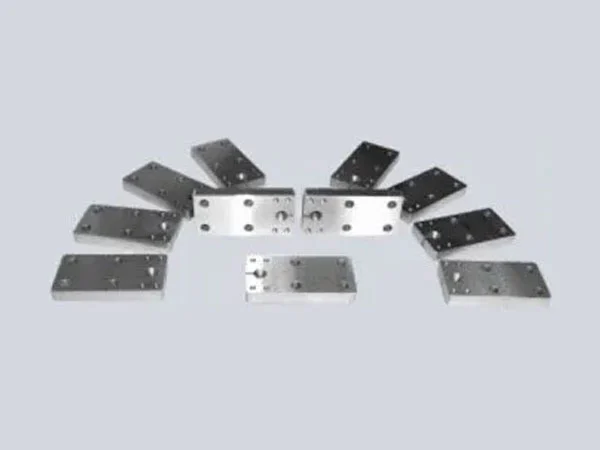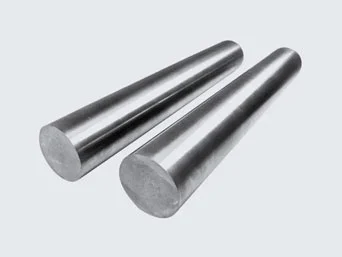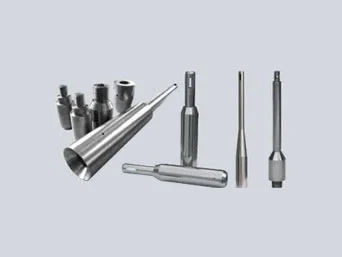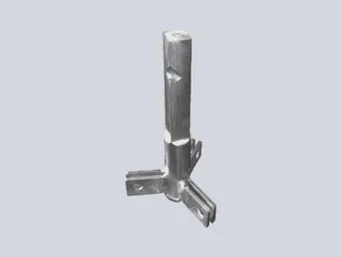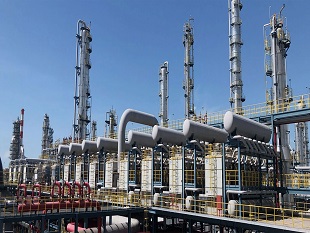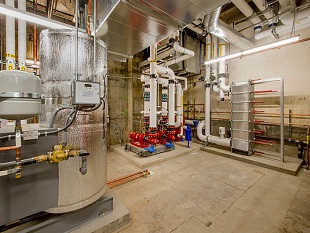Molybdenum briquettes operate based on the exceptional properties of molybdenum metal when used in industrial applications. Molybdenum briquettes are mainly used in the iron and steel industry, where they are directly added to pig iron or steel molten bath to improve their properties.
Molybdenum briquettes are known for their high melting point, high thermal conductivity, and good wear and corrosion resistance, which make them a popular choice in industrial applications. When added to molten iron or steel, molybdenum briquettes dissolve in the molten metal, thereby changing the physical properties of the resulting alloy.
Moreover, molybdenum briquettes are smelted to produce ferromolybdenum, which is used in steelmaking to add alloying elements, improve steel properties, and enhance hardenability. Ferromolybdenum can increase the strength, toughness, and corrosion resistance of steel by 50% compared to plain steel.
In conclusion, the operating principle of molybdenum briquettes is based on their exceptional properties, which allow them to enhance the quality of iron and steel. The characteristics of molybdenum briquettes make them suitable for a broad range of industrial applications, primarily in the iron and steel industry.










